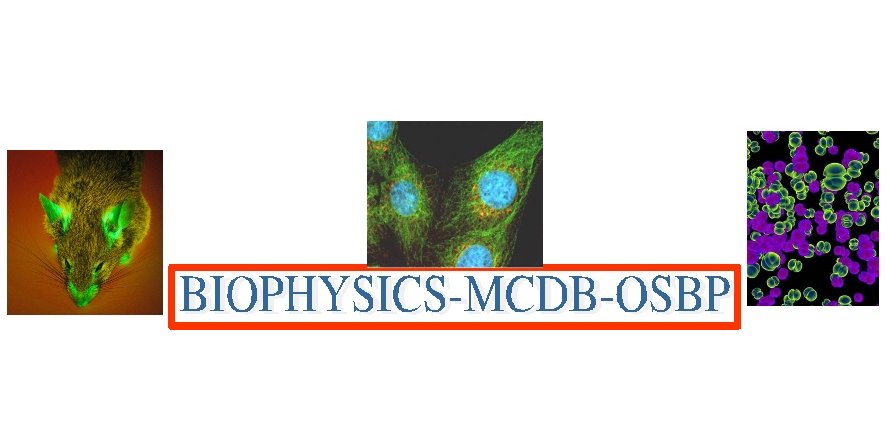Interdisciplinary Graduate Programs Symposium

2012 OSU Molecular Life Sciences
Interdisciplinary Graduate Programs Symposium

Poster abstracts
Abstract:
Most cancer deaths are due to the spread of the cells from the primary tumor to secondary sites within the body. It is well appreciated that cancer cells are able to spread due to intrinsic changes within the cells themselves. However, an emerging picture in cancer research is that the host—the patient carrying the cancer—paradoxically plays a key role in facilitating cancer spread. Among host cells, immune cells have emerged as “Jekyll and Hyde” players in this process. On one hand, immune cells act as tumor surveillance, identifying and killing cancer cells. On the other hand, these cells function to provide an environment more conducive to cancer growth and spread. We have found a stress-inducible gene (ATF3) that acts as a master regulator within immune cells, specifically T and B cells, to enhance cancer spread. This is significant because it implies that our body’s response to the stress of cancer is changing the function of these immune cells to promote the spread of the disease. This proposal uses a model of melanoma to understand what subsets of T/B cell(s) ATF3 is functioning through, and how ATF3 may exert its pro-cancer effects within the identified cell(s). Because immune cell-based therapy is used in clinical trials to treat melanoma, information engendered from the proposal, if successful, can be applied to current therapy to improve their efficacy.
Keywords: T cell , ATF3, melanoma